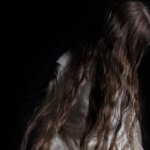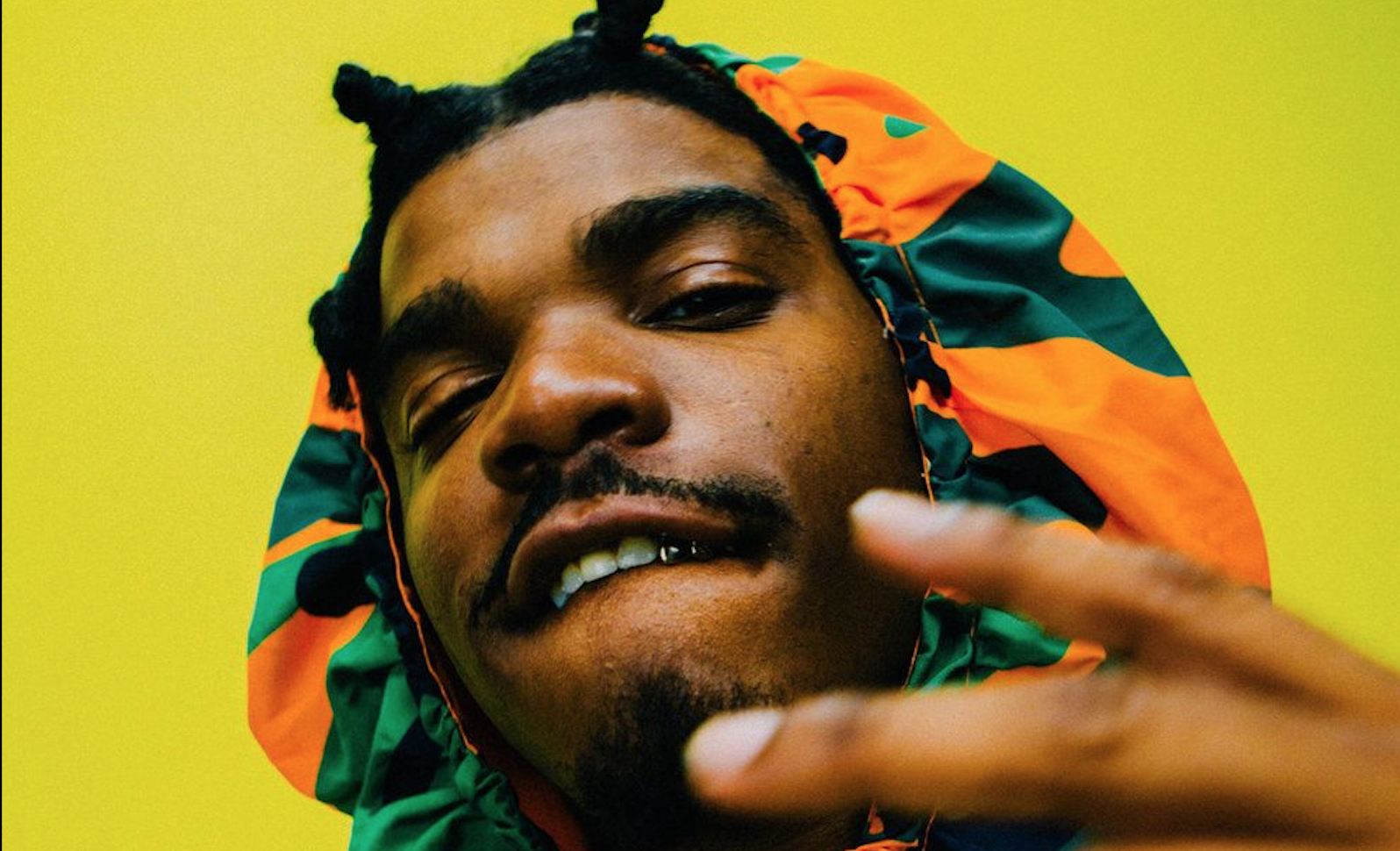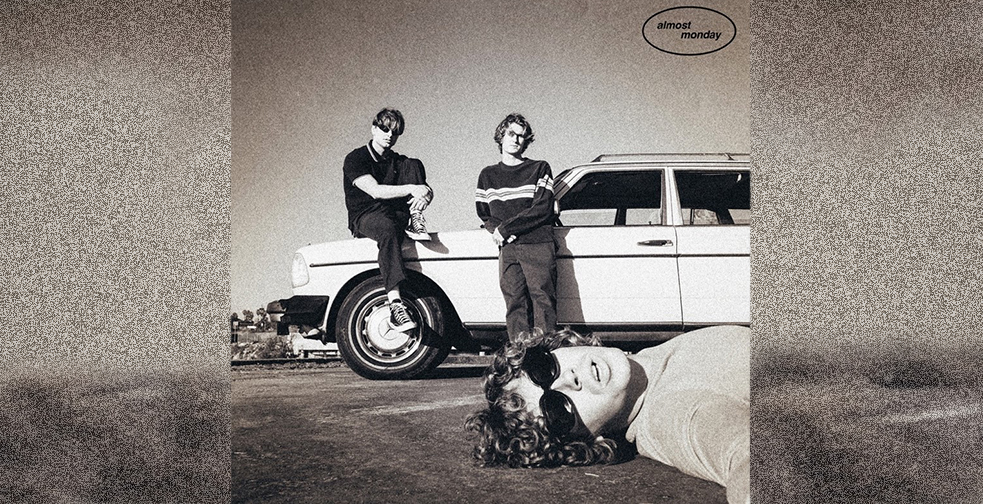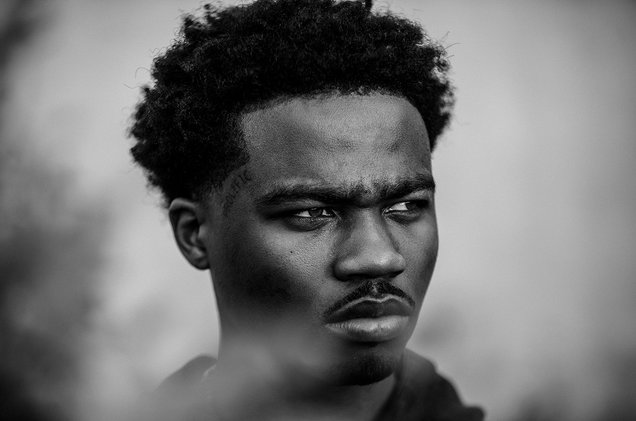The opening of Petra Hermanova’s new album features a clunky banging of organ and soaring of strings, when a haunting female voice emerges, as if a reminder for what was, what will be, and what still remains. Pristine yet wild. Human but forever undead. The underlying drone of death further encapsulates the sacred and sublime beauty of life amongst its turmoil. The strength of softness, the utmost protection of it, the guarding of soul and spirit, the honoring of experience and memories thereof through sound. Recluse. Seclude. Ad infinitum. Witches’ wisdom will forever abound, a crescendo with time.
TITLE speaks with the singer-songwriter, harpist and organist Petra Hermanova after the release of her debut album, ‘In Death’s Eyes’: an opus on death, resurrection, prayer, and the power of womanly lament. Leaning into each song title, questions emerge and are answered from within:
How are you feeling? How are you sleeping?
I’m currently recovering from losing my voice, but sleeping quite well, thank you.
What are you reading? What are you listening to?
I’ve recently reopened the book Anatomical Venus by Joanna Ebenstein, which contextualises and reflects on one of the inspirations behind my album artwork.
Enes Güç, who created the album artwork, Evelyn Bencicova, who helped conceptualise it, and I have been obsessing over anatomical Venuses since last summer when we first began working together for this release. It often takes me a long time to finish a book like this. I take my time. Sometimes it’s enough for me to just have it on the table, to be in the presence of its idea.
What areas of the world are currently inspiring you?
Lately, whenever I need to create a space to calm down, I put on one of the records by Brìghde Chaimbeul, an experimental Scottish small pipes player. I’ve also been really enjoying the radio show Fire Draw Near which focuses on Irish traditional music and song.
Black Glass
And all that is left is kindness And all unsaid is lost
Out of context, what black shards hang in your throat? What goes unsaid?
There are no specific words that would or should have been said. The lyrics to “Black Glass” are about losing confidence in your way of being when faced with an extreme situation: a moment when you question everything. It’s about me coming to terms with a form of silence that I hadn’t encountered before. I spend many of my days in silence, as a choice, and I have cultivated a
comfort in this, also when it is a silence in the company of others. Very often I prefer to connect with eyes instead of words. It goes straight for the jugular when it comes to identifying the likelihood of a deep connection. Small talk and superficiality terrify me, because the surface so often obscures the truth of a person.
On the other hand, it is very grounding for me to seek out the eyes of a close person and get lost in them a bit too long. Sometimes the souls actually touch and you can feel this pang. It is hard to describe, the words can only go so far. But there were moments when my deep appreciation of silence was shaken to the core, and this song speaks to the questions I was asking myself in those moments.
I Am the Lung
I am the vines, I am the living branches I am the bright garment of mercy Wrapping around the body in pain
I am the blood I am the sap of life
I calm the child at my ankles in tears of fire
I am the grass, I am the heather in the mountains I am the tide of living water
Washing ashore a broken heart
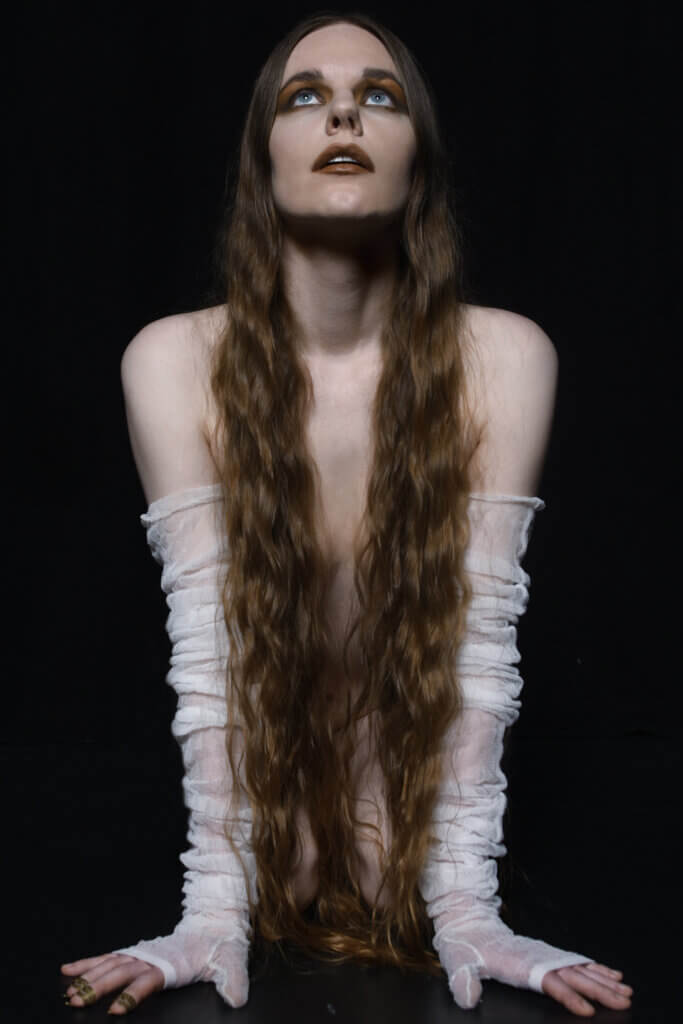
After hearing the lyrics to ‘I Am the Lung,’ I was led back to one of my favorite passages from the Bible, Leviticus 17:11: For the Life of the flesh is in the Blood and I have given it for you on the altar to make atonement for your souls
Do you have any Biblical passages saved for inspiration?
I had a period much earlier in life when I was obsessed with Bible verses, but I read none during the time I was writing this album. Rather, I read the writings of Hildegard von Bingen, which were instrumental. As well as being a mystic and a visionary polymath, she wrote an impressive body of liturgical song. She observed that the singing of words reveals their true meaning directly to the soul through bodily vibrations. This was such an impactful image, I kept it in mind as I was writing. It later connected with another image of hers: our breath that passes through our body—into the mouth, along the tongue, through the throat and vocal cords, into the lungs framed by the diaphragm—is the Spirit, which, how I understand it, is what carries the voice.
Increasingly, it seems that most religious institutions and spirituality coaches are designed to exploit and extract rather than serve and encourage. What are your thoughts on being able to explore realms of divinity without succumbing to capitalist or political agendas? Have you found a spiritual path of routine that works for you? Do you think religion should be more personal, or aligned to community?
The contemporary manifestation of spirituality is like an organised religion that has fragmented. I feel a way about some of these fragments, such as the recent rise of witches, burning unethically harvested palo santo and sage during expensive retreats with cacao ceremonies and somehow also always have a product to sell. As someone who has dealt with illness and death, I am acutely aware of how extractive and inaccessible the world of healing can be. But I don’t place the blame on the individuals for taking part in performative spirituality. Somewhere there is a need for human connection. This need presents itself as a symptom of the difficult times we have entered into in the new decade, along with the fact that survival is of essence. We have been told to turn our individual condition into a brand, and many have listened. In this process, spirituality became brandable, but so did pain, trauma, illness, gender. My way of disconnecting from this has been fabricating my own century to live in, from pieces of the past/present/future that reflect my inner
poetry. This is admittedly escapist but it is also a way to still believe in truth, which has otherwise also fragmented.
The Earthly Body
The earthly body, born of love, in time forgiven, shorn of vows. The fear within is a heavy shroud that folds in layers, grows around
With an emptiness comes a space for filling. What has been added to your life recently? With that, what has been shed?
Just as I was finishing the album, we moved into a new place. There is an incredible Aries skull emerging from the stucco carvings on the front of the house, a symbol of rebirth and my star sign. The apartment also came with a rather unhinged collection of 1600 cookbooks, and getting rid of them is a work in progress. With the album being finished, I shed some layers of protection, and feel more prepared to interact with this century.
Hermanova’s debut album “In Death’s Eyes” is available for streaming and purchase on vinyl here.
*Header ©Spyros Droussiotis. Images courtesy of the artist.








